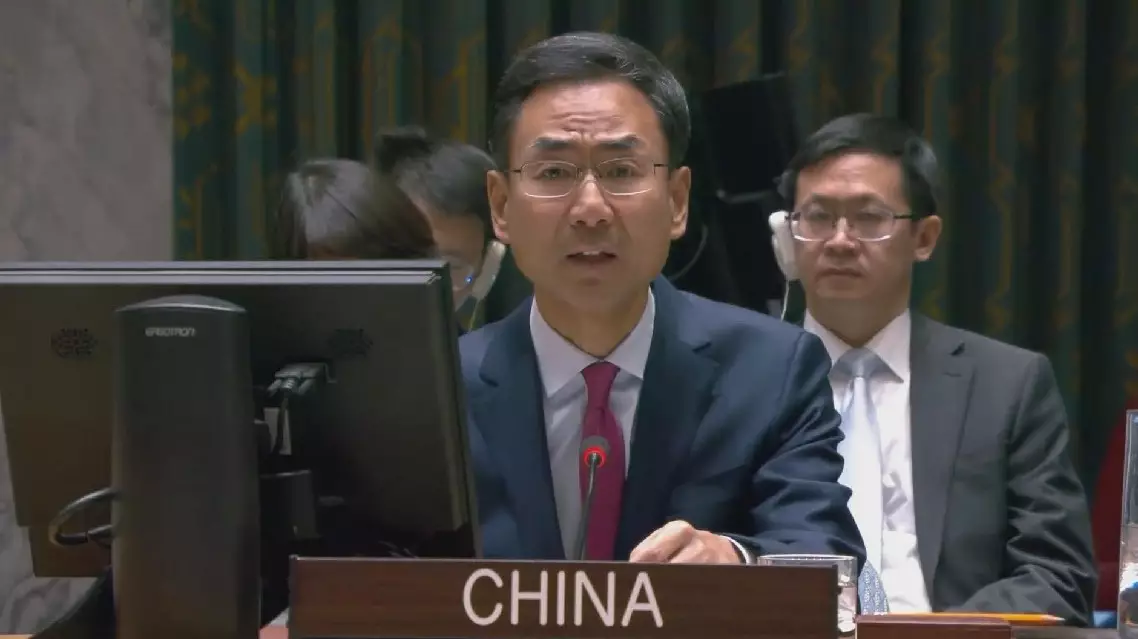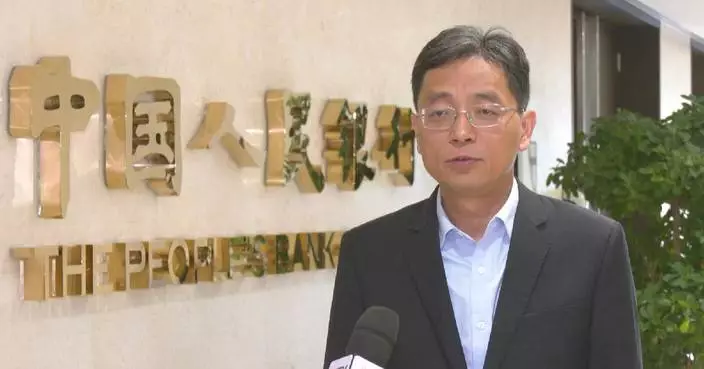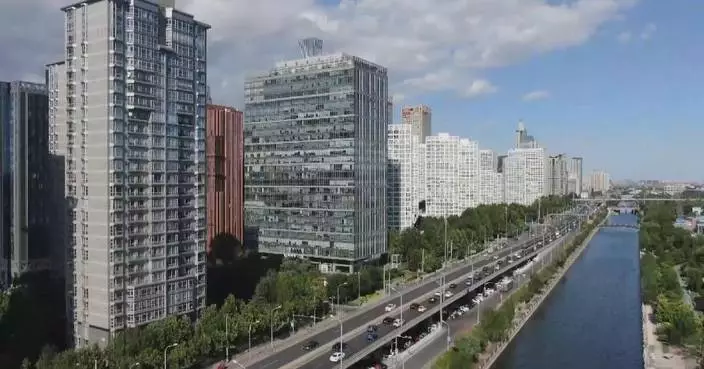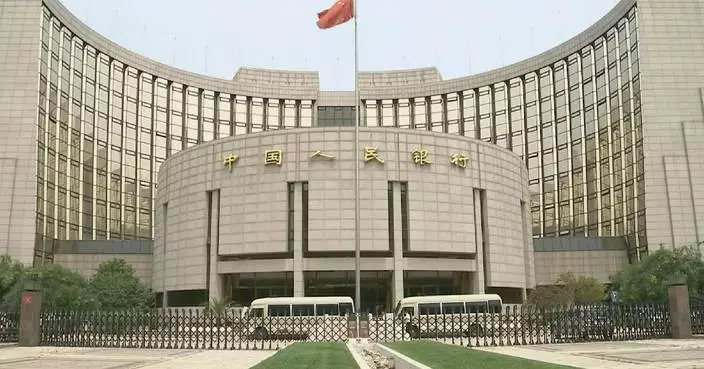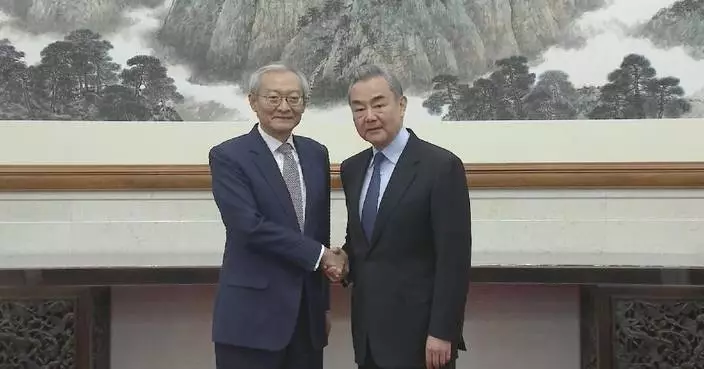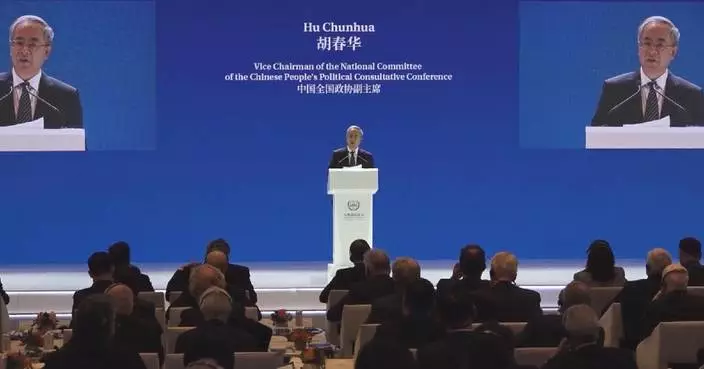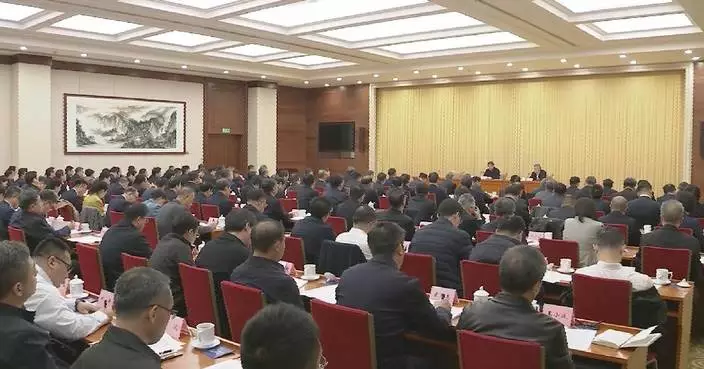Memorial activities were held across China on Friday to remember the victims of the Nanjing Massacre and China's revolutionary martyrs.
The Nanjing Massacre took place when Japanese troops captured the then-Chinese capital on Dec. 13, 1937. Over the course of six weeks, they proceeded to kill approximately 300,000 Chinese civilians and unarmed soldiers in one of the most barbaric episodes of World War II.
A decade ago, China's top legislature designated Dec. 13 as the national memorial day for the victims of the atrocities.
In Shenyang City, northeast China's Liaoning Province, over 300 people gathered at the 9.18 Historical Museum to pay tribute to those who died in the war and pray for peace. The museum documents the September 18 Incident in 1931, at which Japanese troops began the bloody invasion of China.
"In this new era, we must inherit and carry forward the great spirit of resistance. We will transform our patriotism into a determination to strengthen our nation, dedicating ourselves to our studies and work to contribute to the rejuvenation of the Chinese nation," said Ren Qingyang, a student at the Liaoning Medical Vocational College.
In the northeastern Chinese city of Harbin, the former headquarters of Unit 731, a notorious Second World War Japanese germ-warfare unit, reopened to the public on Friday, with nearly 2,100 items on display including archives, historical materials, relics and publications.
Visitors laid flowers at the martyrs' name wall to remember the victims of the germ-warfare activities.
Commemorations also took place at memorials and museums in Shanxi, Hubei, Jilin, Jiangxi, and Anhui provinces, where people reflected on history and honored the memory of revolutionary martyrs. The Yan'an Revolution Memorial Hall in Shaanxi Province hosted an exhibition on the 13 years of the Communist Party of China (CPC) Central Committee in Yan'an from 1935 to 1948, displaying historical artifacts and photographs that highlighted the Party's early struggles.
Educational activities for younger generations were held nationwide with students learning about revolutionary history at the Ranzhuang Tunnel Warfare Memorial Hall in Baoding City, Hebei Province, while children in Chongqing Municipality explored a historic air-raid tunnel. Similar events took place in Shandong, Henan, and Sichuan provinces.
Soldiers and officials of the People's Liberation Army also held solemn ceremonies in their barracks to remember the victims of the Nanjing Massacre and revolutionary martyrs, vowing to uphold the spirit of resistance and strengthen their commitment to defending the nation.
"As soldiers in this new era, we should remember this tragic history and transform it into a powerful motivation for training and combat preparedness. We will carry forward the revolutionary fighting spirit and hone our combat skills to contribute to the practice of strengthening the military," Chen Xing a soldier in a unit under PLA Central Theater Command.

China commemorates Nanjing Massacre victims with nationwide memorial activities


